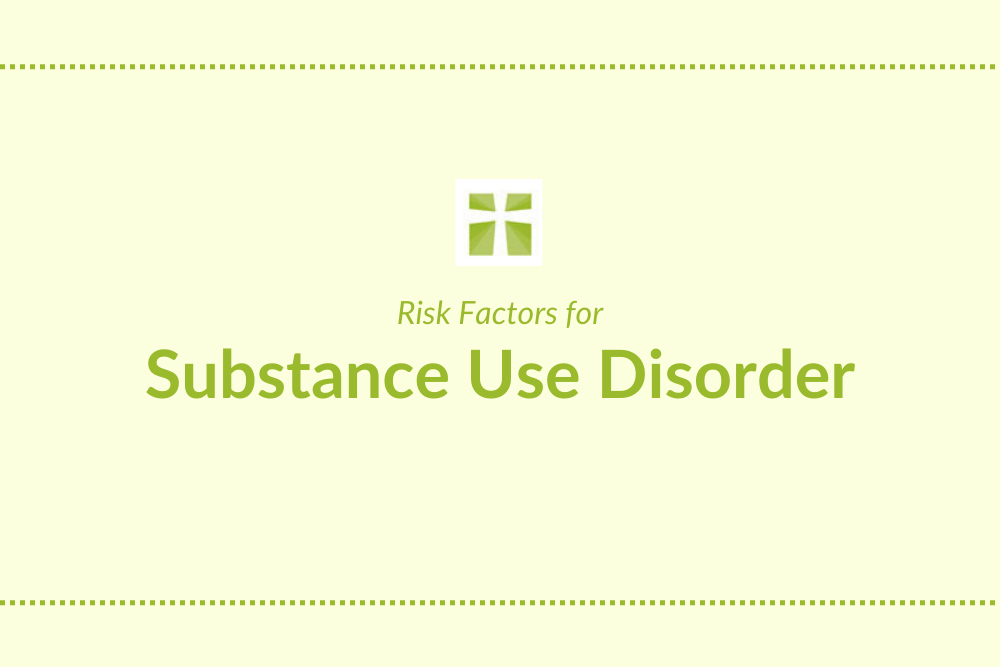Addiction is a chronic disease that anyone can develop, regardless of their beliefs and background. Drugs and alcohol affect brain chemistry, which can cause a rapid progression from tolerance to dependence and a full-fledged substance use disorder. None of this happens in a vacuum. What are some of the best-known addiction risk factors?
Genetics
Addiction doesn’t stem from a lack of willpower or morality. The brain changes caused by drug and alcohol use can cause extensive impairment, eventually making it impossible to feel “normal” when you are sober. That explains why one person may be able to stop drinking after having one glass of wine with dinner, while another relies on alcohol to function daily.
Heredity is a leading addiction risk factor. According to the National Institute on Drug Abuse, up to half your propensity to use alcohol, nicotine or other drugs is genetic. As with other chronic health issues, having a family history of addiction can make you more vulnerable, though your struggle may be different. For example, you may choose not to drink because your parent had an alcohol use disorder, but still become addicted to a substance like prescription pain medication.
Adverse Childhood Experiences
Early life trauma such as abuse, parental neglect, violence or a death in your family can follow you into adulthood. The resulting chronic stress can affect your brain and body development. Over the years, adverse childhood experience can manifest in mental and behavioral health disorders such as addiction, depression, anxiety, PTSD, self-harm or suicidal thoughts and behaviors.
In a CDC survey, approximately 61% of adults across 25 states reported at least one type of ACE before age 18, and nearly one in six said they had four or more types of ACEs.
Environment
If you grew up surrounded by adults who drank, used drugs or gambled to cope with their problems, you’re more likely to repeat these patterns because you lacked other positive influences in your life. For young adults, lack of parental involvement can lead to risk-taking, including experimenting with drugs and alcohol.
Mental Illness
Mental health concerns such as depression, anxiety and PTSD often go hand in hand with addiction. Having both issues simultaneously is a dual diagnosis, and it creates a vicious cycle in which addiction tends to progress quickly with more severe consequences. You may find temporary relief from your mental health symptoms by using drugs and alcohol, but a worsening addiction will only compound your problems.
Start Your Addiction Recovery at Celebrate Hope
Addiction can impact anybody, including people with a robust support network and a positive outlook on life. At Celebrate Hope, we have used Christian principles for many years to help our clients get and stay sober. Incorporating Biblical teachings in traditional clinical addiction treatment leads to better long-term outcomes.
To learn more about the importance of having a faith-based environment to begin your recovery and how we can help you grow in your spirituality, contact us today.

